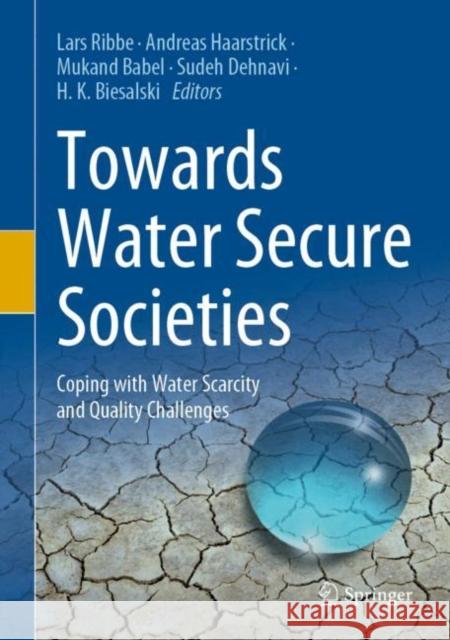Towards Water Secure Societies: Coping with Water Scarcity and Quality Challenges » książka
topmenu
Towards Water Secure Societies: Coping with Water Scarcity and Quality Challenges
ISBN-13: 9783030506520 / Angielski / Twarda / 2021 / 196 str.
Kategorie:
Kategorie BISAC:
Wydawca:
Springer
Język:
Angielski
ISBN-13:
9783030506520
Rok wydania:
2021
Wydanie:
2021
Ilość stron:
196
Waga:
0.59 kg
Wymiary:
25.4 x 17.78 x 1.42
Oprawa:
Twarda
Wolumenów:
01
Dodatkowe informacje:
Wydanie ilustrowane











